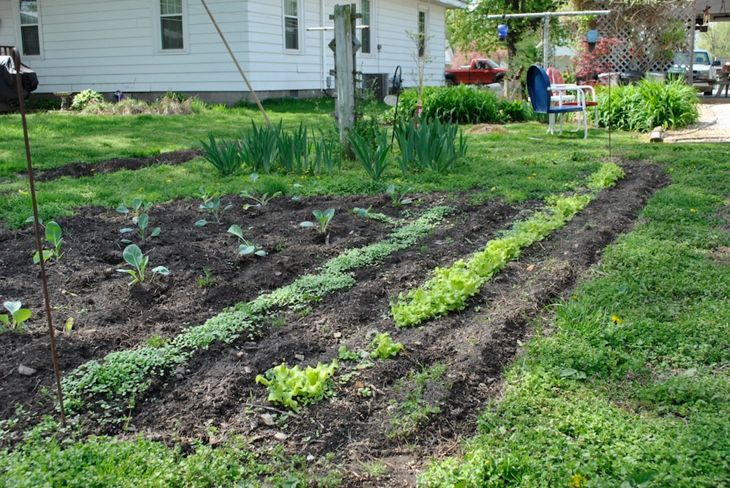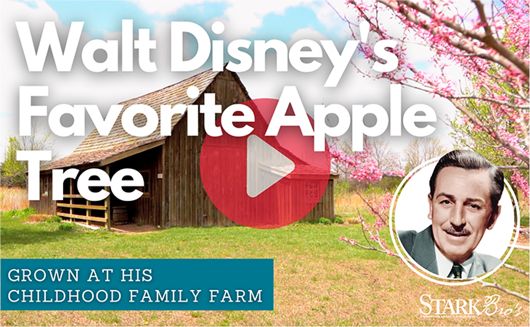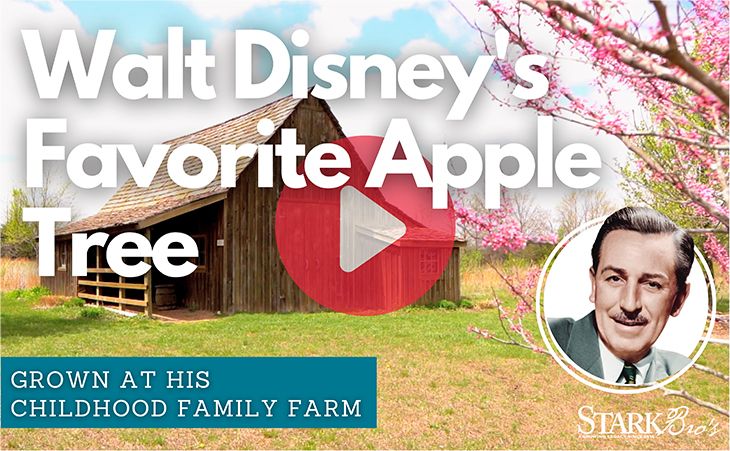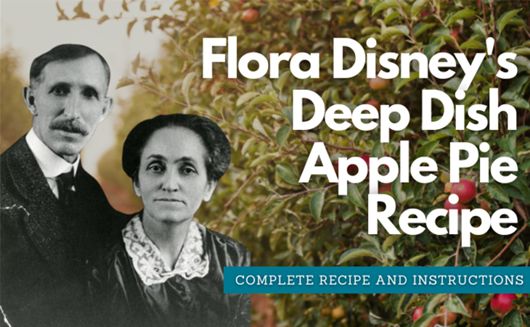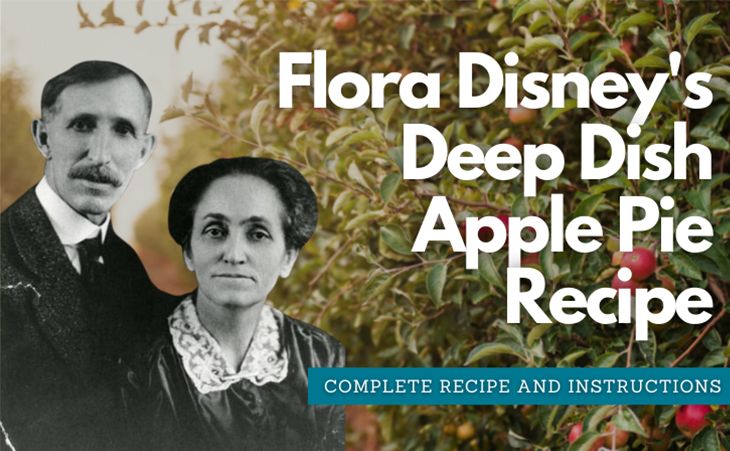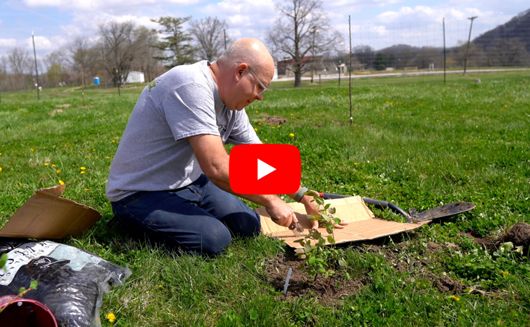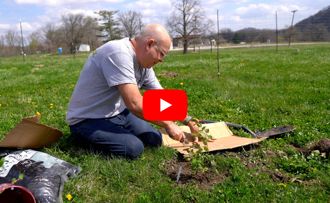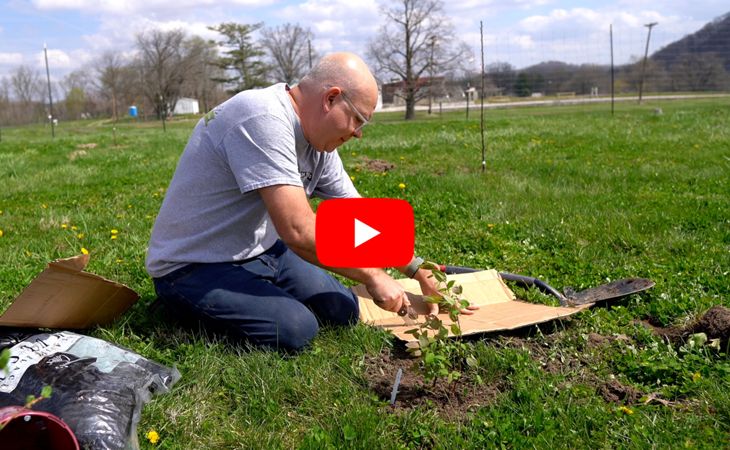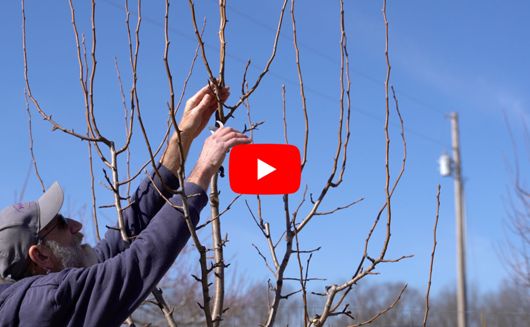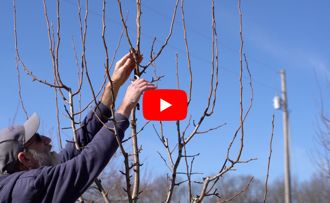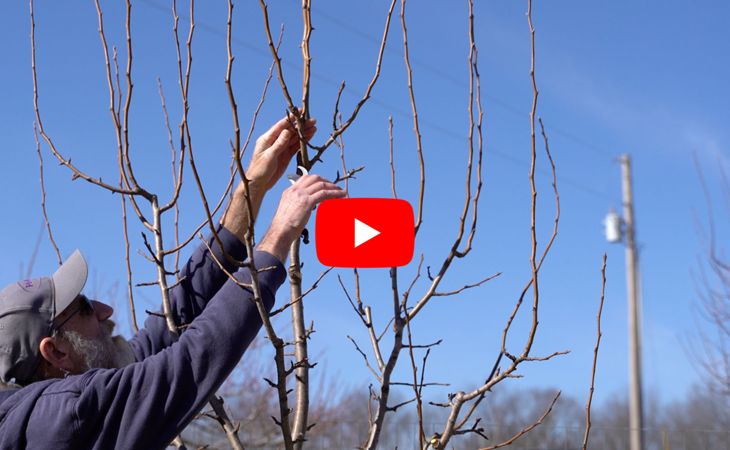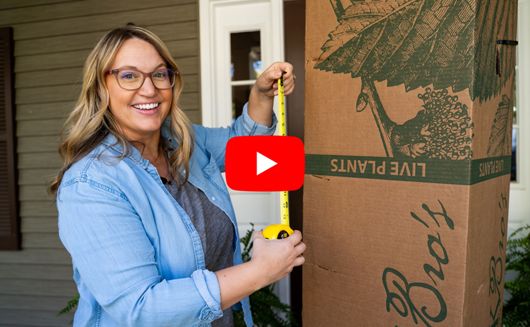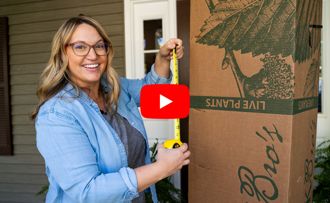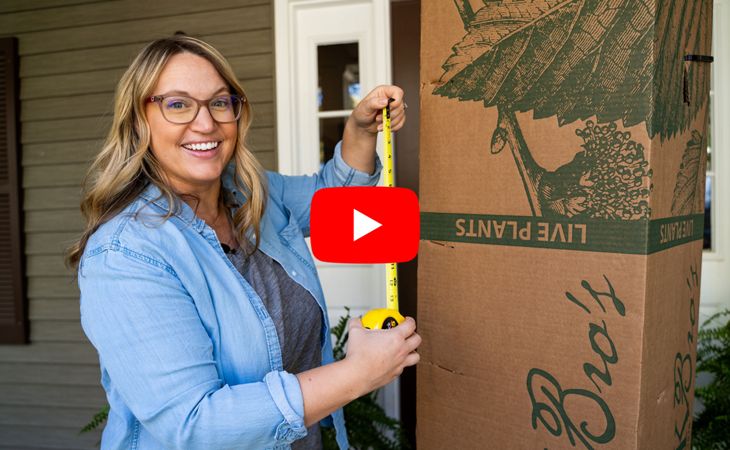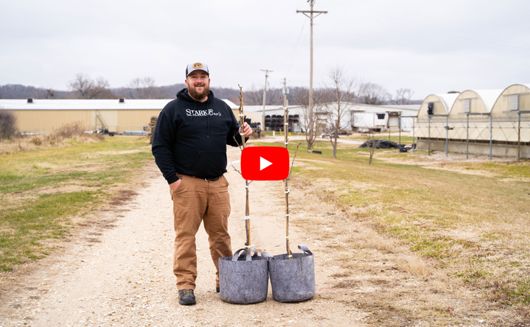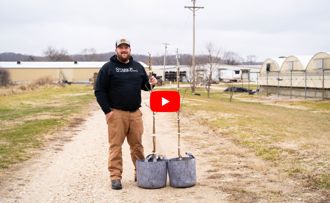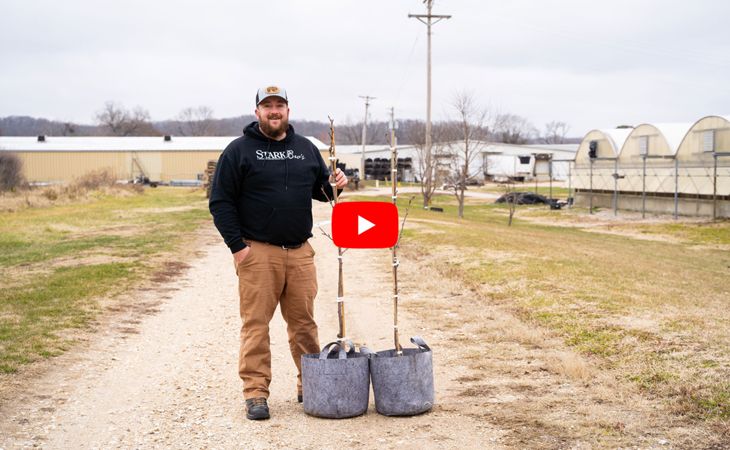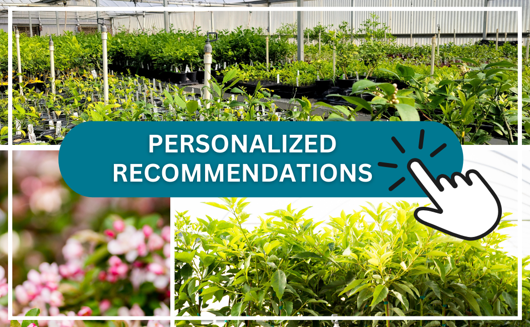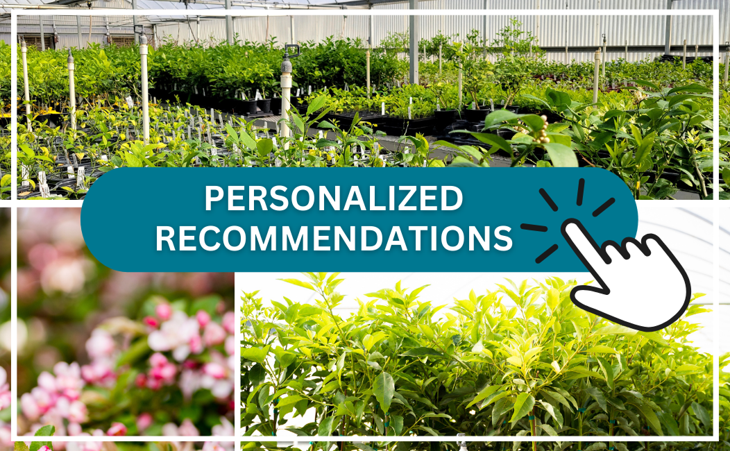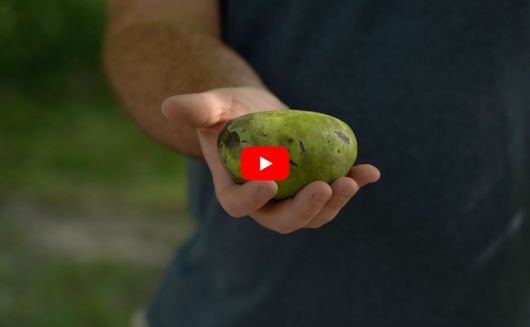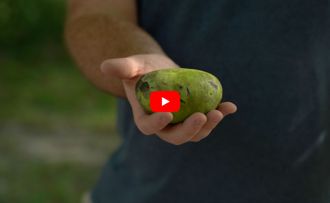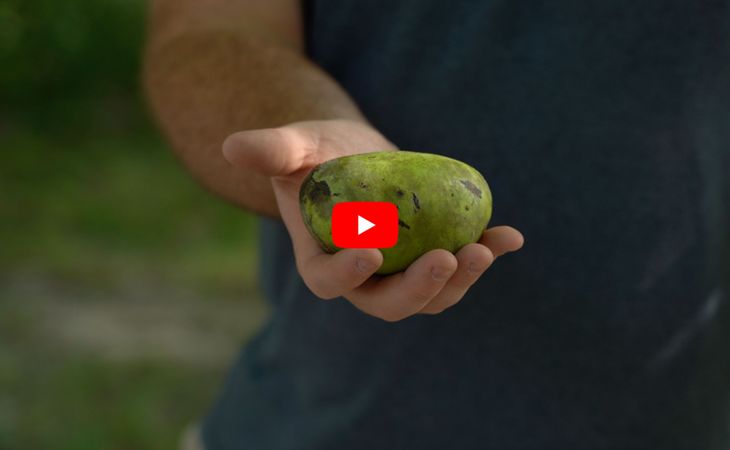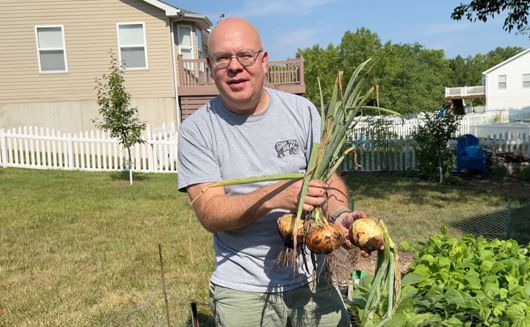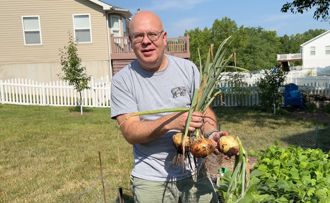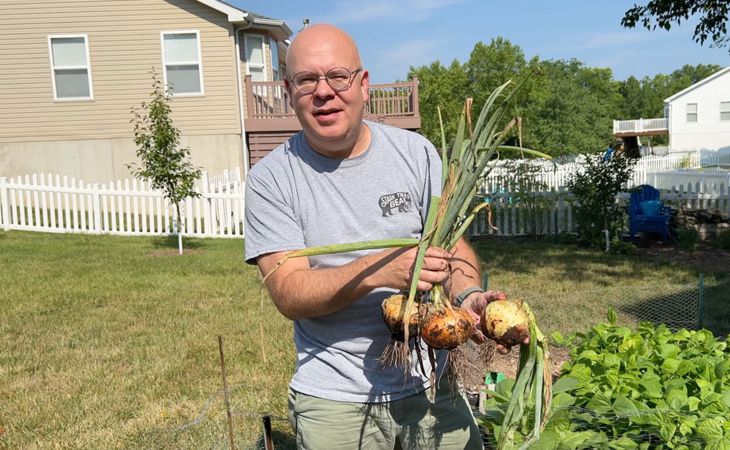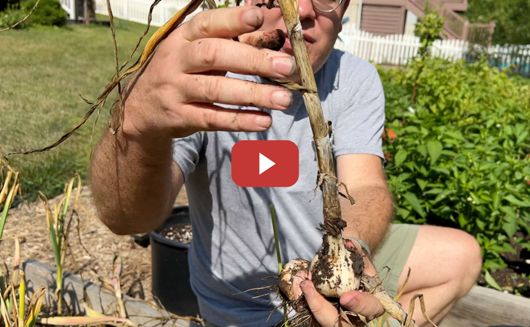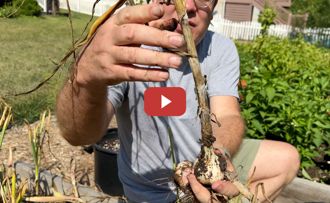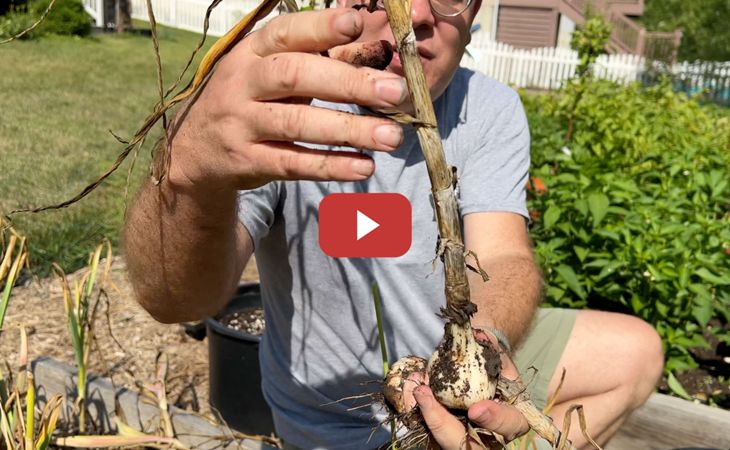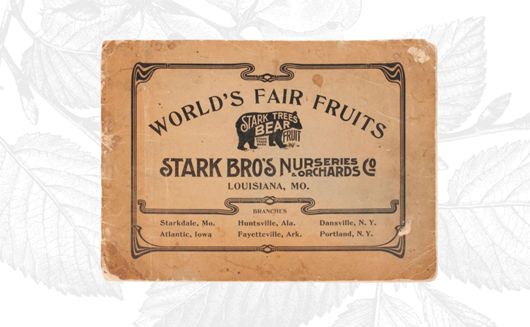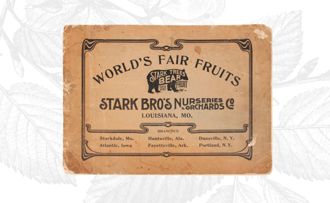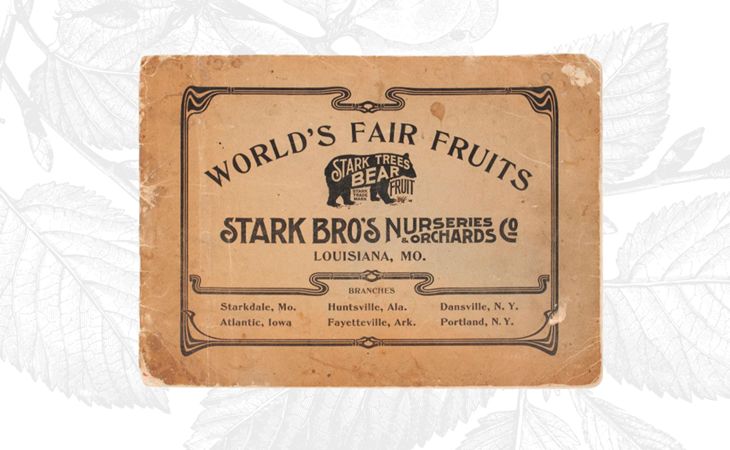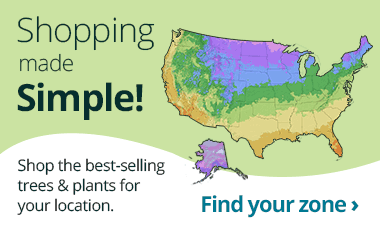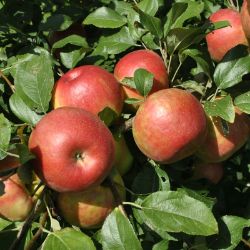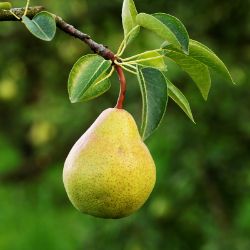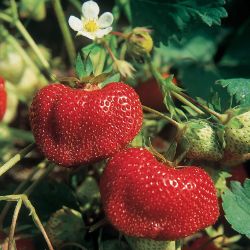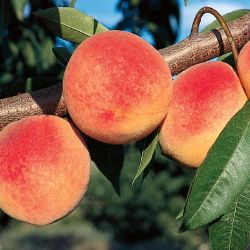Growing History: Victory Gardens
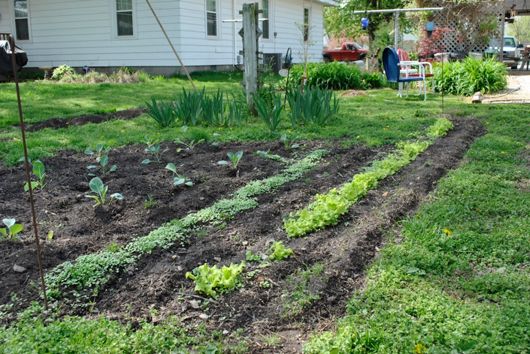
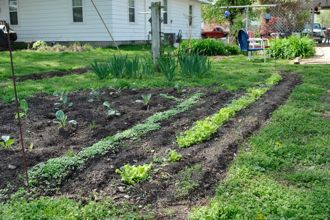
Each November, we celebrate Veterans Day — a chance to recognize and celebrate the men and women who have served in our armed forces. This holiday is an opportunity to honor their bravery and reflect on our history as a nation.
While we think of the times our soldiers have fought for the United States on battlefields throughout the world, we also remember the efforts and support offered by those who remained at home. Among the contributions made by those who did their part while remaining on the home front are Victory Gardens, which are the focus of this article.
The Purpose and Benefits of Victory Gardens
Victory Gardens gained a lot of popularity during World War II, where people across the United States planted fruit, herb and vegetable gardens in backyards, small acreages, communities and public parks to help counter food shortages brought on by the war effort. Growing individual, as well as community, Victory Gardens gave many a sense of pride in their efforts — by helping to ease the stress on the country and provide for their families.The Stark Bro’s Contribution to the Victory Garden Movement
Paul Stark, brother of former Missouri Governor Lloyd Stark, was greatly involved with Victory Gardens during World War II. The Secretary of Agriculture appointed him to serve as Vice Chairman of the National Garden Advisory Committee. Paul Stark also served as President of the National Victory Garden Institute, which is the organization that originally generated government awareness of the need for home-production of vegetables and fruits, and mobilized the nation's top industrialists to participate in the Victory Garden program. In 1945, President Harry S. Truman named Paul Stark as Director of Home Food Supply of the War Food Administration. His objective was to promote the home-production of food and its conservation in the home (canning, drying, etc.). On his May 21, 1945 appointment sheet, Truman wrote, "[Paul Stark] Talked about Victory Gardens… Paul is a fine gentleman. He is very much interested in Victory Gardens program and is anxious to see a Victory Garden started on White House lawn which I fear very much the members of White House staff will not agree to." (from Off the Record: The Private Papers of Harry S. Truman)Victory Gardens Today
You might be thinking that the Victory Garden movement sounds a lot like the Grow Your Own movement that is now taking place across the country and throughout the world. What are some other ways you've noticed the spirit of Victory Gardens being reflected in your community?- Article Categories:
- Stories

